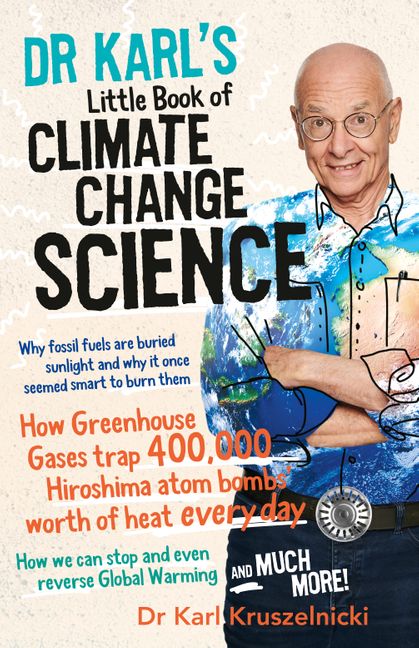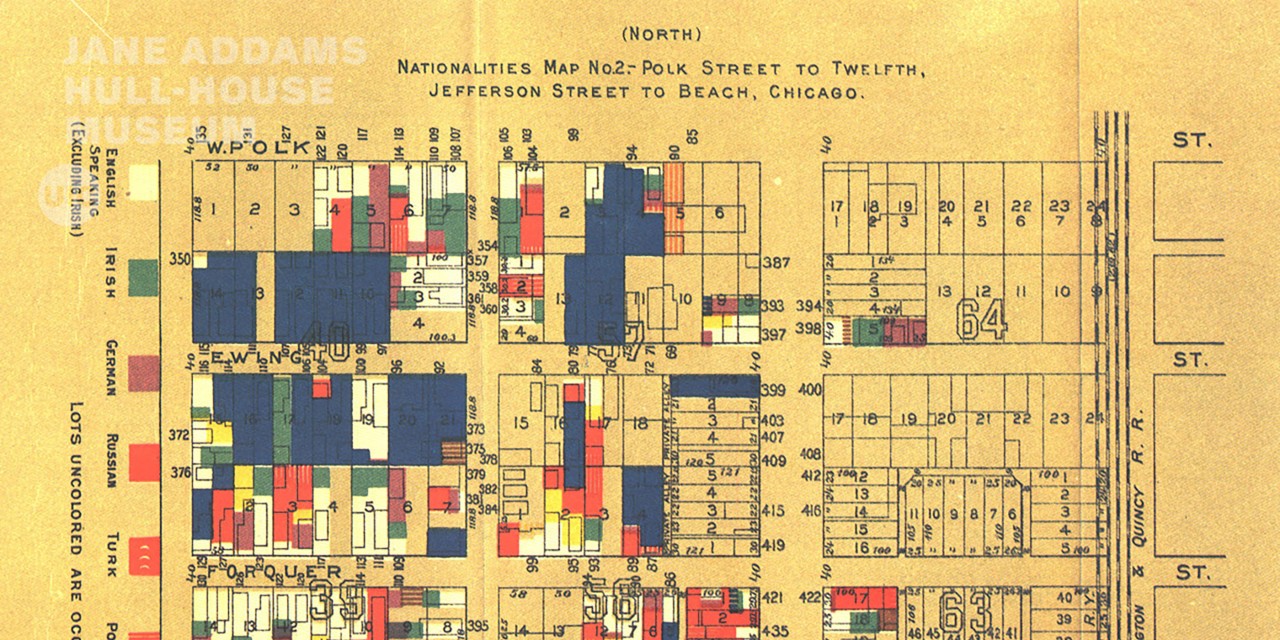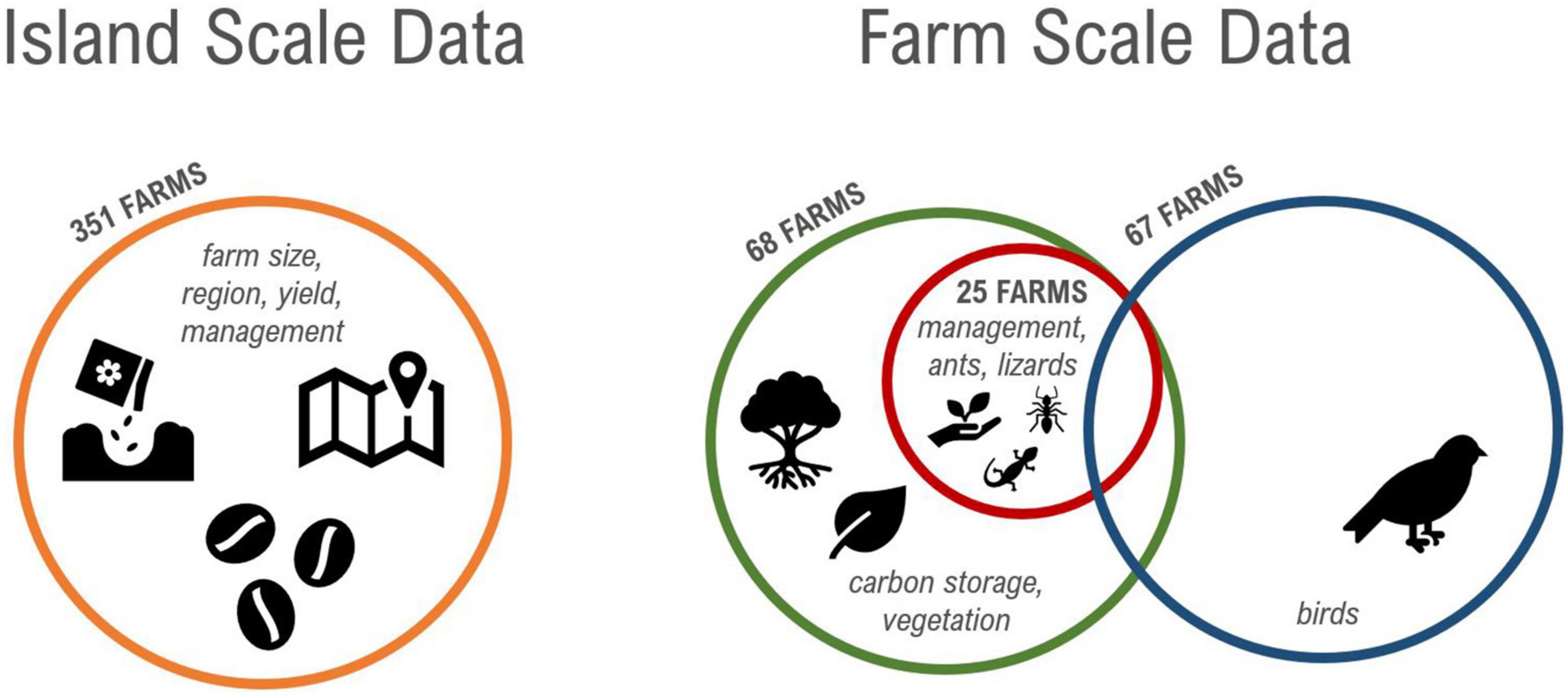Australia’s Climate Visa Initiative: A Sustainable Development Response to Tuvalu’s Climate Crisis
Introduction
Australia has launched a pioneering climate visa program aimed at addressing the urgent displacement risks faced by Tuvalu, a Pacific island nation severely threatened by climate change. This initiative aligns with several Sustainable Development Goals (SDGs), particularly SDG 13 (Climate Action), SDG 10 (Reduced Inequalities), and SDG 16 (Peace, Justice and Strong Institutions).
Background: Climate Threats to Tuvalu
- Tuvalu is situated only five metres above sea level, making it one of the most vulnerable nations to climate-induced sea level rise (SDG 13).
- NASA scientists predict that by 2050, most of Tuvalu’s land mass and critical infrastructure will be submerged below the current high tide level.
- The island nation has a population of 10,643 people according to the 2022 census.
The Climate Visa Program
The climate visa program, introduced on 16 June 2025, is a world-first initiative designed to provide permanent migration pathways for Tuvalu citizens facing climate displacement. The program supports SDG 10 by promoting equitable opportunities for vulnerable populations.
Key Features of the Visa
- Annual allocation of 280 visas to Tuvalu citizens through a random ballot system.
- Indefinite permanent residency in Australia with unrestricted travel rights.
- Access to Australian social supports including Medicare, childcare subsidies, and subsidized education at schools, universities, and vocational institutions (SDG 4: Quality Education; SDG 3: Good Health and Well-being).
- Entry fee for the 2025 ballot set at A$25, with the application window closing on 18 July 2025.
Community Engagement and Participation
- As of 27 June 2025, 1,124 applications have been submitted, representing 4,052 Tuvalu citizens including family members.
- This figure accounts for more than one-third of Tuvalu’s population, indicating high community interest and the program’s critical role in climate adaptation (SDG 11: Sustainable Cities and Communities).
Strategic Partnerships and Legal Commitments
The visa program is part of the Australia-Tuvalu Falepili Union, announced in August 2024, which includes:
- Australia’s commitment to defend Tuvalu against natural disasters, public health emergencies, and military aggression (SDG 16).
- Legal recognition of Tuvalu’s future statehood and sovereignty despite climate change impacts, supporting SDG 16 on strong institutions and peaceful societies.
Conclusion
Australia’s climate visa initiative represents a landmark response to climate-induced displacement, advancing multiple Sustainable Development Goals by providing protection, promoting social inclusion, and fostering international cooperation. This program sets a precedent for global climate action and human rights protection in the face of environmental challenges.
1. Sustainable Development Goals (SDGs) Addressed or Connected
- SDG 13: Climate Action
- The article discusses the climate-threatened nation of Tuvalu and the impact of climate change, particularly sea level rise.
- SDG 10: Reduced Inequalities
- The climate visa program allowing Tuvalu citizens to migrate to Australia addresses inequalities faced by vulnerable populations affected by climate change.
- SDG 3: Good Health and Well-being
- Access to Australia’s Medicare system for visa holders supports health and well-being.
- SDG 4: Quality Education
- Visa holders gain access to education at schools, universities, and vocational facilities with subsidization.
- SDG 16: Peace, Justice and Strong Institutions
- The Australia-Tuvalu Falepili Union includes legal commitments to defend Tuvalu’s sovereignty and address climate-induced challenges.
2. Specific Targets Under Those SDGs
- SDG 13: Climate Action
- Target 13.1: Strengthen resilience and adaptive capacity to climate-related hazards and natural disasters.
- Target 13.2: Integrate climate change measures into national policies, strategies, and planning.
- SDG 10: Reduced Inequalities
- Target 10.7: Facilitate orderly, safe, regular and responsible migration and mobility of people, including through implementation of planned and well-managed migration policies.
- SDG 3: Good Health and Well-being
- Target 3.8: Achieve universal health coverage, including access to quality essential health-care services.
- SDG 4: Quality Education
- Target 4.3: Ensure equal access for all women and men to affordable and quality technical, vocational and tertiary education.
- SDG 16: Peace, Justice and Strong Institutions
- Target 16.6: Develop effective, accountable and transparent institutions at all levels.
- Target 16.7: Ensure responsive, inclusive, participatory and representative decision-making.
3. Indicators Mentioned or Implied to Measure Progress
- SDG 13 Indicators
- Number of people displaced or migrating due to climate-related hazards (implied by the number of visa applicants and the climate visa program).
- Extent of land below high tide level by 2050 (scientific prediction by NASA).
- SDG 10 Indicators
- Number of migrants granted climate visas annually (280 visas awarded per year).
- Proportion of population participating in migration programs (over a third of Tuvalu citizens entered the ballot).
- SDG 3 Indicators
- Access to healthcare services such as Medicare for migrants (implied by visa benefits).
- SDG 4 Indicators
- Enrollment rates of visa holders in education institutions at subsidized rates.
- SDG 16 Indicators
- Existence of legal agreements recognizing sovereignty and protection commitments (Australia-Tuvalu Falepili Union).
4. Table of SDGs, Targets and Indicators
| SDGs | Targets | Indicators |
|---|---|---|
| SDG 13: Climate Action |
|
|
| SDG 10: Reduced Inequalities |
|
|
| SDG 3: Good Health and Well-being |
|
|
| SDG 4: Quality Education |
|
|
| SDG 16: Peace, Justice and Strong Institutions |
|
|
Source: bbc.com






